Valuetainment founder and CEO Patrick Bet-David has assembled his list of the Top 24 Books to Read in 2024, giving a comprehensive guide to everything you need to know about business, politics, and technology this year.
With global conflict on the rise, technological revolutions happening on an almost daily basis, and 41 percent of the world preparing for elections, 2024 is already proving to be a “Year of Chaos.” But in a tumultuous and uncertain time, the best way to thrive is to better yourself, expand your knowledge, and develop a concrete strategy for success.
With this glimpse inside the library (and the mind) of PBD, you’ll be better prepared to take on whatever “the Year of Chaos” can throw at you.
1. Elon Musk by Walter Isaacson
The life of one of our world’s giants told by one of the best biographers of our times.
This door stopper—running 688 pages in hardcover edition—traces how a boy from South Africa who was frequently the target of violent bullying rose to become the preeminent space technologist on the planet, and how his martyr-like mission to save civilization has driven him to buy Twitter and increasingly wade into the political realm. This book is a must-have for entrepreneurs or leaders of any stripe looking to understand the mind of an expert capitalist and life strategist.
2. Choose Your Enemies Wisely by Patrick Bet-David
The latest book from Valuetainment Founder and CEO Patrick Bet-David. It was just released in December and represents two years of writing—and more than two decades of business experience.
Choosing an enemy is not what the average business author will teach.
But if you are truly aiming for the heights, it is indispensable for you to know who your enemies are and ensure that you’ve chosen the right ones.
3. Unreasonable Hospitality by Will Guidara
In this book, Will Guidara unveils the philosophy that helped him turn struggling kitchens and wait staffs into world-class restaurants.
From the book’s official description: “Guidara’s team surprised a family who had never seen snow with a magical sledding trip to Central Park after their dinner; they filled a private dining room with sand, complete with mai-tais and beach chairs, to console a couple with a cancelled vacation.” Business owners as well as intrapreneurs of any field stand to learn something from this excellent book, which Patrick has been personally recommending to his employees since its release.
Learn the benefits of becoming a Valuetainment Member and subscribe today!
4. Onassis: An Extravagant Life by Frank Brady
This book charts the rise of Aristotle Onassis, a Greek businessman who made a fortune in various industries, married former First Lady Jacqueline Kennedy, and saw his son die at the young age of 24.
His life story—business struggles and drama combined—is absolutely fascinating and contains some of the most interesting anecdotes of the rich and famous of the mid-twentieth century.
It is also a lesson in power and ambition, and a case study on how to become a man among men.
5. Trillion Dollar Coach by Eric Schmidt, Jonathan Rosenberg, and Alan Eagle
Valuable insights into management and business from the same authors that wrote How Google Works.
Campbell was a legend in Silicon Valley, helping grow Apple, Google, and Intuit. He personally knew and helped Steve Jobs, Larry Page, and Eric Schmidt become the powerhouses they are today.
He was not only a beacon of knowledge on entrepreneurship, but a source of wisdom on life and relationships.
The book is a treasure trove of leadership insight with timeless value, yet also helps us understand the tech-ruled world we live.
6. The New Gold Standard by Joseph A. Michelli
This book tells the story of Ritz-Carlton, the world’s most famous hotel that became a global chain known for its perfect service.
This book divulges the business secrets that catapulted them to success, from both an objective and an personal perspective.
Michelli interviewed dozens upon dozens of executives, managers, and staffers to get an on-the-ground feel for what makes a premier company excel, and pulls out the key principles for the reader to apply to a business in any industry.
7. Principles of Economics by Saifedean Ammous
A college-level textbook on economics that will break down all the key concepts of the field, without any of the Keynesian or Marxist ideological bias found in similar books.
The first half presents the basic concepts of economics through an Austrian lens, and the second half studies economic practices and shows how to apply core concepts.
This is a great primer for anyone at any stage of their career or education to learn more about how money moves and works.
8. Power vs. Force by David R. Hawkins
A book that Patrick has been recommending for years, and personally recommended for the attendees of “The Vault” conference in Miami last year.
It is a tour-de-force of human psychology, explaining how to attain and maintain the right mindset for success—and how to avoid the toxic mindset that leads to ruin and despair.
Dr. Hawkins has lectured at educational institutions like Harvard and Oxford as well as spiritual groups from Westminster Abbey and Notre Dame to Catholic, Protestant, and Buddhist monasteries. The story of his spiritual conversion is recounted at the end of the book.
Reserve a seat at the 2024 Vault Conference here.
9. After Steve by Tripp Mickle
Apple founder Steve Jobs left his mark on the world and made billions feel hopeful for the future. But as with many founders, his company grew into a behemoth far larger than its creator and became estranged from its original mission.
To write this book, Mickle interviewed over 200 executives who have worked at Apple, all of whom say the company has lost its ability to innovate.
Mickle endeavored to get to the bottom of how this downfall happened.
10. King of Capital by David Carey and John E. Morris
A private equity firm that had shady beginnings but was cultivated into a polished machine of finance, capable of competing with the giants of Wall Street.
The book contains insight into how to get a company off the ground and send it into the stratosphere. Not only that, but it tells for the first time many behind-closed-doors stories about Stephen Schwarzman and Peter Peterson, and shows how their methods will have molded global finance in their own image.
As Blackstone obtains a greater stake in the world’s wealth, it is crucial for people to learn who they are and where their ambitions lie.
11. What It Takes by Stephen A. Schwarzman
The Chairman and CEO of Blackstone, Stephen A. Schwarzman, founded the firm with $400,000 and transformed it into a manager of $500 billion.
This will teach you what goes through the mind of a man who is regularly tapped by world leaders but who began as an assistant in his father’s linen shop. The book also goes into Schwarzman’s active life in philanthropy, and how he applies his finance skills toward getting the most out of charitable efforts. Known for his slogan “don’t lose money,” studying Schwarzman is key to making your company stay solvent, diversify, and reach its potential.
12. The Truth About Employee Engagement by Patrick M. Lencioni
This book addresses a predicament too many of us find ourselves in: hating our jobs.
Since work is what we do every day, job-hate grinds us down, ruins our spirits, and casts a negative outlook over all of life.
Lencioni not only explains why “job misery” happens but also provides practical advice on how to deal with it on a daily basis.
He boils toxic work environments down to three elements: irrelevance, immeasurability, and anonymity. Then, he shares the framework for enriching work life and repairing your firm’s morale.
13. The Lords of Strategy by Walter Kiechel III
Written by renowned business journalist Walter Kiechel, The Lords of Strategy details the rise of the four men who created the modern multi-billion-dollar industry of corporate consulting. They arose in a world where “corporate strategy” wasn’t even a thought, and left behind a corporate world that couldn’t imagine an alternative.
Bruce Henderson, founder of Boston Consulting Group, Bill Bain, creator of Bain & Company, Fred Gluck, longtime Managing Director of McKinsey & Company, and Harvard Business School professor Michael Porter revolutionized the way business was done in the 1960s, transforming the way we work forever.
14. The House of Dimon by Patricia Crisafulli
JPMorgan Chase CEO Jamie Dimon has become one of the most influential names in banking and finance.
In The House of Dimon, business journalist Patricia Crisafulli provides an in-depth analysis of Dimon’s career, examining his successful integrations and hands-on management style.
Valuetainment has previously named Dimon “the most powerful man in American who’s not president.” Learn more about this financier who is a powerplayer beyond just Wall Street.
15. Peak Performance by Brad Stulberg and Steve Magness
In Peak Performance, former McKinsey and Co. consultant Brad Stulberg and Olympic Coach Steve Magness study the experiences of top athletic, artistic, and intellectual performers, breaking down the qualities that help a person succeed in a variety of fields.
This book challenges traditional thinking and shows how limit-testing is the key to success in any endeavor.
A set of central principles has been shown to lead athletes to victory. Stulberg and Magness tease these out, and show how they can be applied anywhere.
16. The First 90 Days by Michael D. Watkins
During times of transition, the first three months can often make or break a leader.
In The First 90 Days, Michael D. Watkins provides a comprehensive guide to navigating the challenges of these seasons of professional vulnerability. Whether you’re a new entry-level employee, receiving a promotion, relocating to a new branch, or being called to serve as CEO, managing your transition is key.
Failing to nail your transition can leave you hated by your new employees, resented by your new bosses, and snubbed of the perfect opportunity.
17. The Energy Bus by Jon Gordon
The Energy Bus reveals bestselling author Jon Gordon’s 10 secrets for applying positive forward thinking to work and life, getting the most out of yourself and your team.
While telling his engaging story about the wild bus ride that is life, he threads in thought-provoking insights and a powerful birds-eye-view plan to tackle the challenges of life and ensure your colleagues can reach their potential.
“Your positive energy and vision must be greater than anyone’s and everyone’s negativity. Your certainty must be greater than everyone’s doubt.”
18. The CEO Next Door by Elena L. Botelho, Kim R. Powell and Tahl Raz
Through groundbreaking research that analyzed more than 17,000 CEOs and C-suite executives, Elena L. Botelho and Kim R. Powell disproved many common myths about what it takes to succeed.
By dispelling the notion that chief executives start young and exposing the truth about the need for “flawless resumés,” the authors provide practical career advice for anyone who wants to get ahead.
You stand to learn something from everyone you meet. What better way to save time and expand your horizons than learning the thoughts, successes, and failures of nearly 20,000 business leaders.
19. Managing Oneself by Peter Ferdinand Drucker
While people could once rely on social class or company management to determine a career path for them, times have changed.
Now, everyone is responsible for managing their own career—and that means managing themselves.
In Managing Oneself, Peter F. Drucker explains how identifying and taking advantage of one’s own strengths is the key to becoming an outstanding performer.
Drucker is considered by industry experts to be one of the best managers of all time. Learn why by reading this masterclass.
20. The Fourth Turning by William Strauss and Neil Howe
History shows that society moves in cycles. High periods of expansion turn to Awakenings in spiritual exploration.
As institutions crumble, an Unraveling begins, and, finally, the cycle turns to Crisis and chaos before things begin anew.
In The Fourth Turning, William Strauss and Neil Howe examine the past to explain the present and prepare for the future.
This is non-negotiable reading as we head into the most chaotic year in recent times.
21. No Rules Rules by Reed Hastings and Erin Meyer
Rising from humble beginnings in DVD rentals, Netflix revolutionized the entertainment industry and forever changed the landscape of media consumption.
In No Rules Rules, Netflix CEO Reed Hastings reveals for the first time how the company’s unorthodox culture of “people over processes and innovation over efficiency” created the streaming giant we know today.
It’s not enough to just make profits in the short-term. A business must be constantly out-doing itself and becomes its own competition.
22. I Love Capitalism by Ken Langone
In I Love Capitalism, Home Depot co-founder Ken Langone chronicles his rise from humble beginnings and his journey through corporate America.
But this memoir isn’t just the story of a successful businessman; it’s a passionate defense of the reality of the American Dream—and a powerful argument for why it should be preserved.
“This book is my love song to capitalism. Capitalism works! And I’m living proof—it works for everybody. Absolutely anybody is entitled to dream big, and absolutely everybody should dream big. I did.”
23. The Dictators Handbook by Bruce Bueno de Mesquita and Alastair Smith
The Dictator’s Handbook makes a shocking claim: Democracy itself is a convenient fiction.
In this book, Bruce Bueno de Mesquita and Alastair Smith argue that governments do whatever it takes to stay in power, with the only difference being what they can get away with.
It’s not a pretty picture of the world…but it might provide the vision we need to improve the way the world is governed.
24. Scaling Up Compensation by Verne Harnish and Sebastian Ross
Setting up fair compensation for employees can be one of the biggest challenges for a business owner, with mistakes potentially destroying the bottom line.
However, in Scaling Up Compensation, Verne Harnish and Sebastian Ross argue that this unavoidable expense can be turned into a strategic advantage, drawing the most motivated and talented personnel to an organization. This book teaches the number one mistake business owners make in establishing their compensation plans, how individual bonuses can backfire, and the psychological mechanism behind excess compensation undermining growth.
The Valuetainment Media Team contributed to this article.

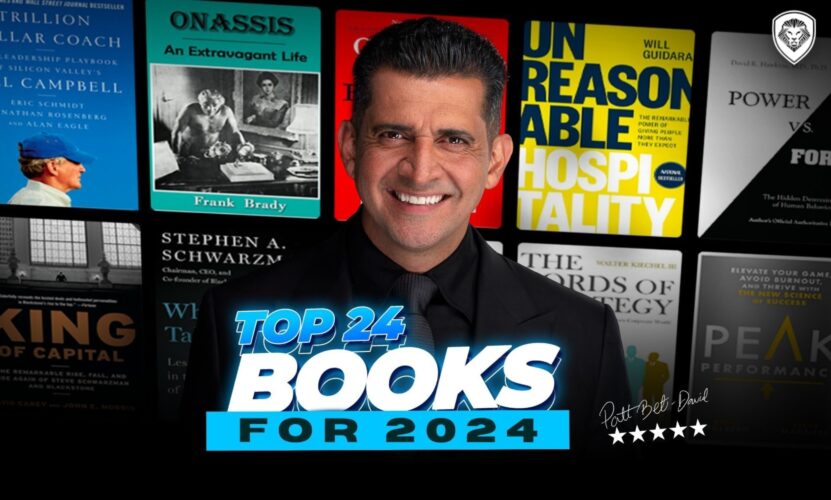
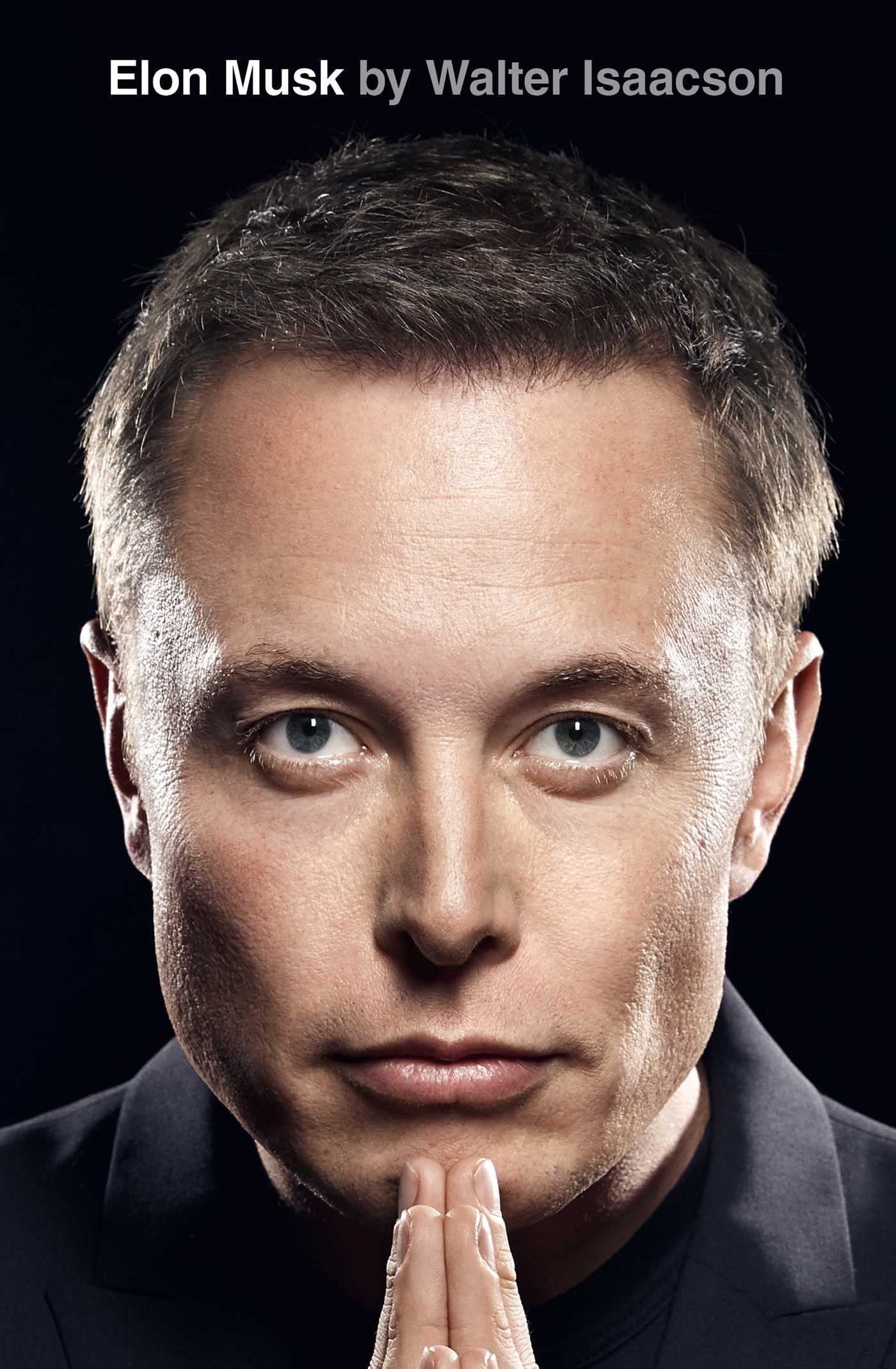
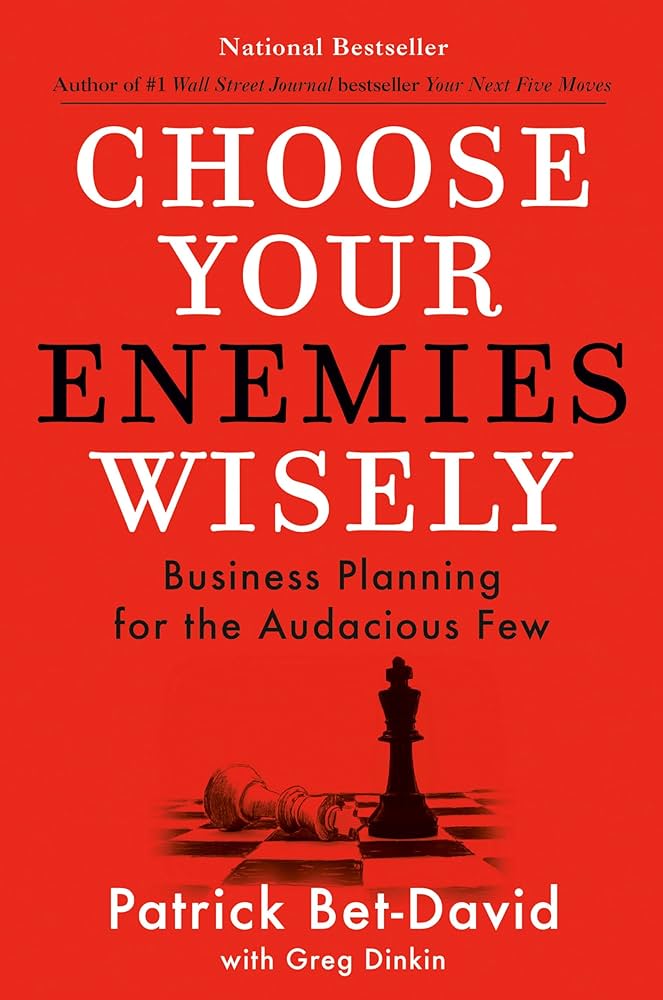
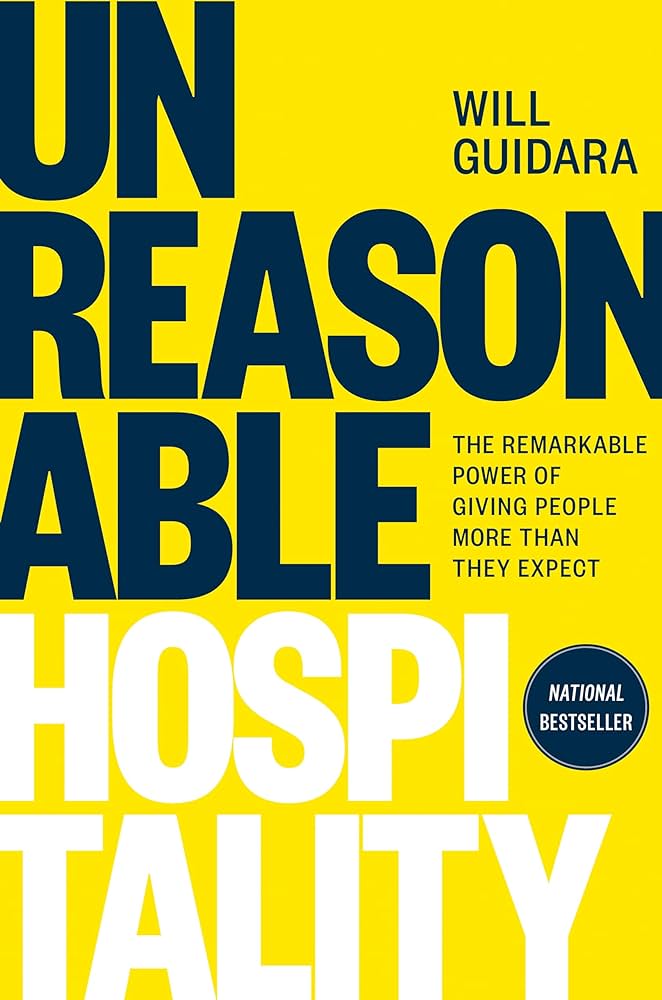

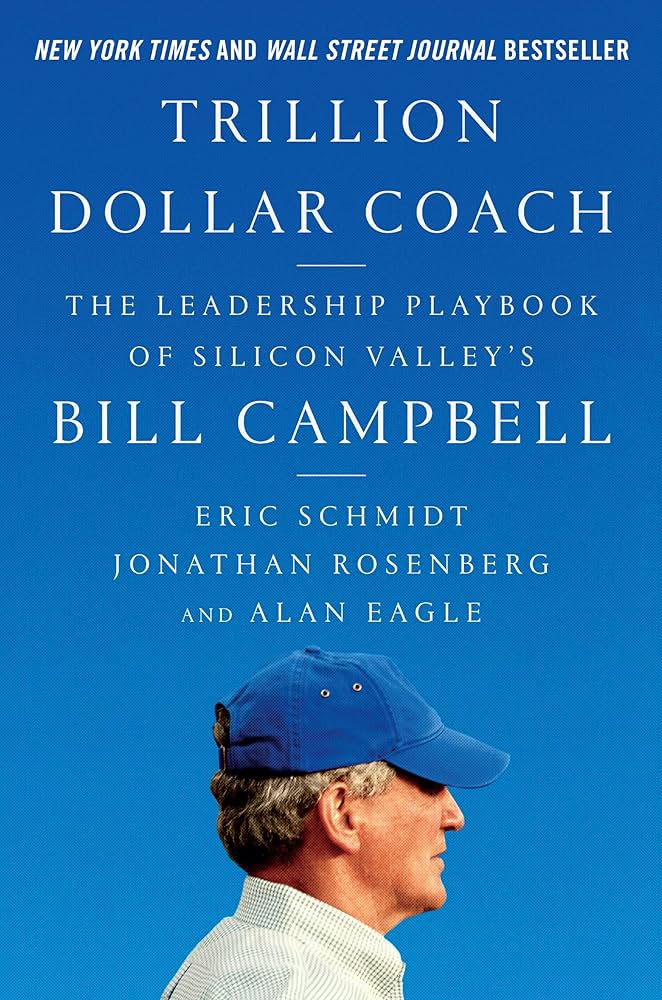
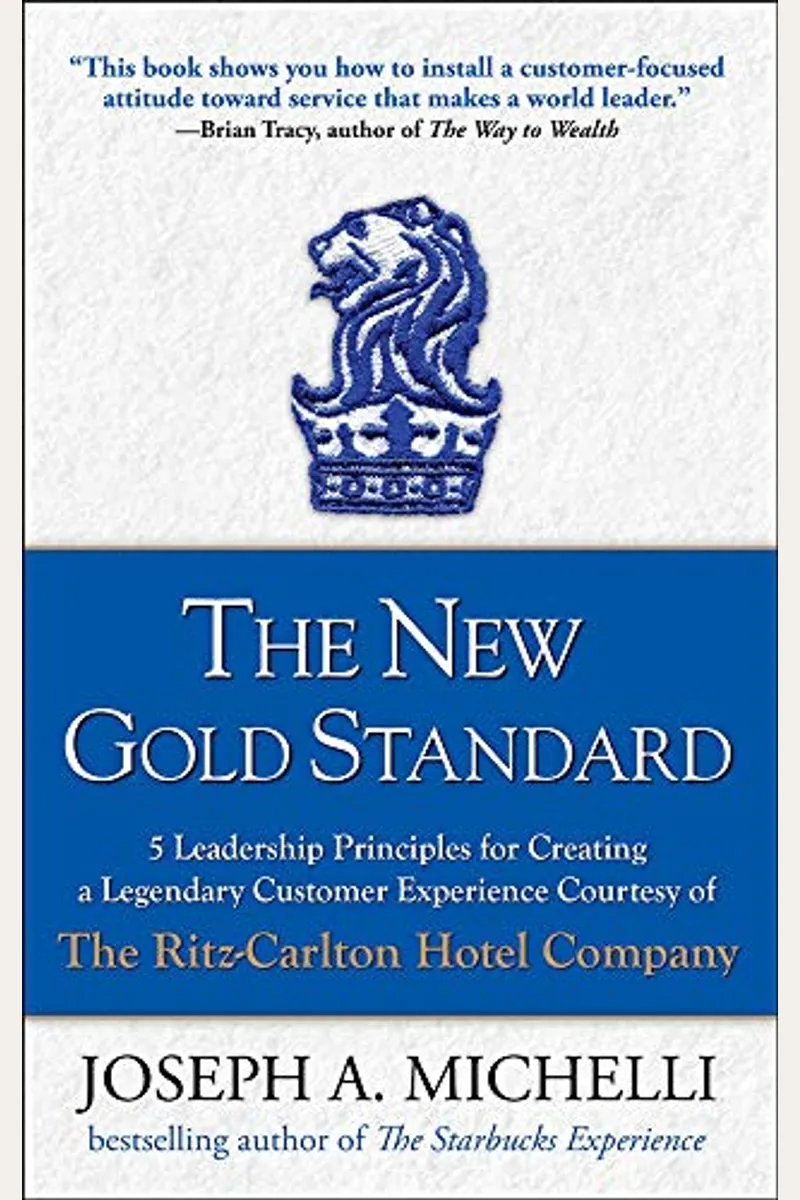
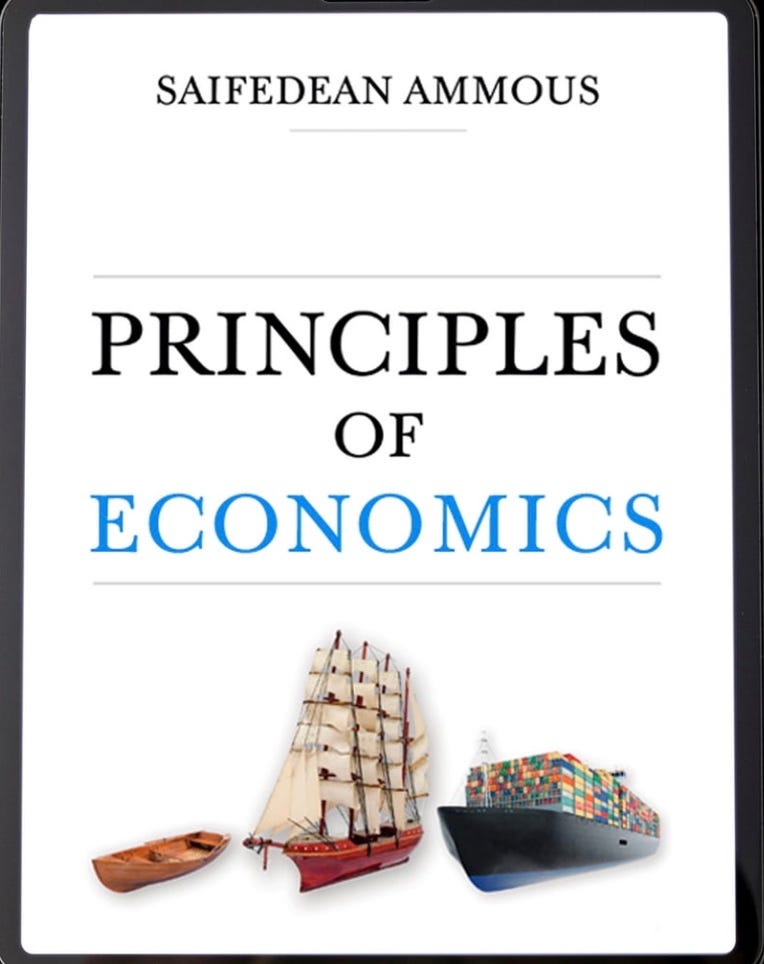

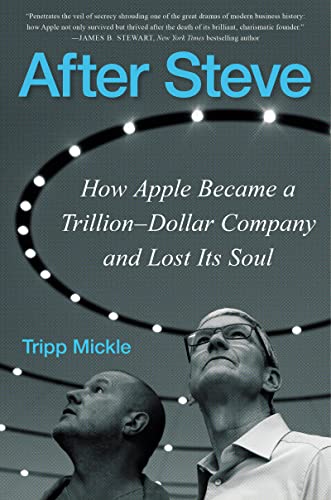
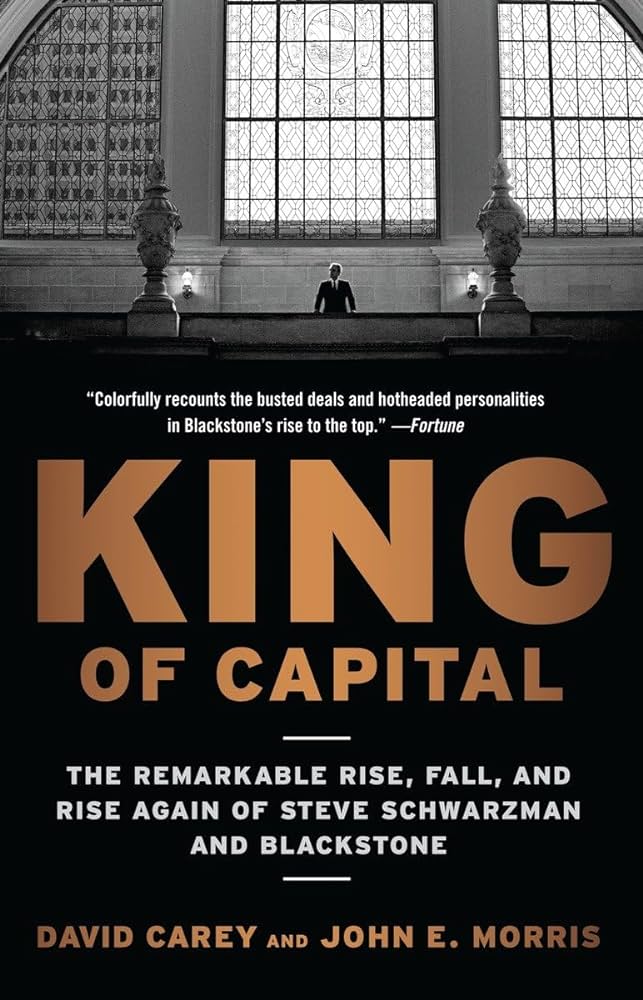
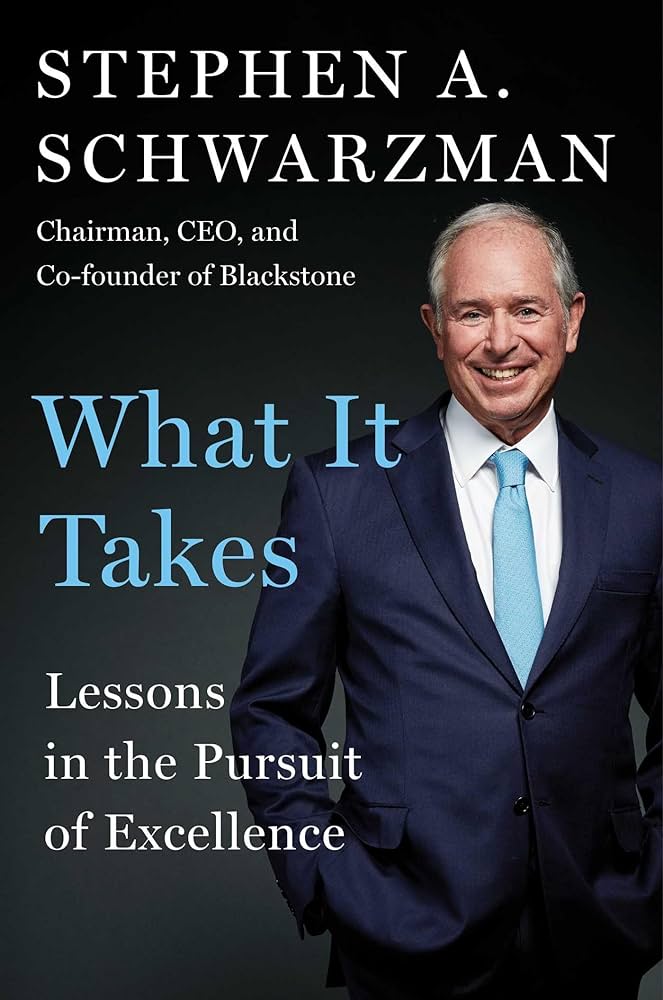
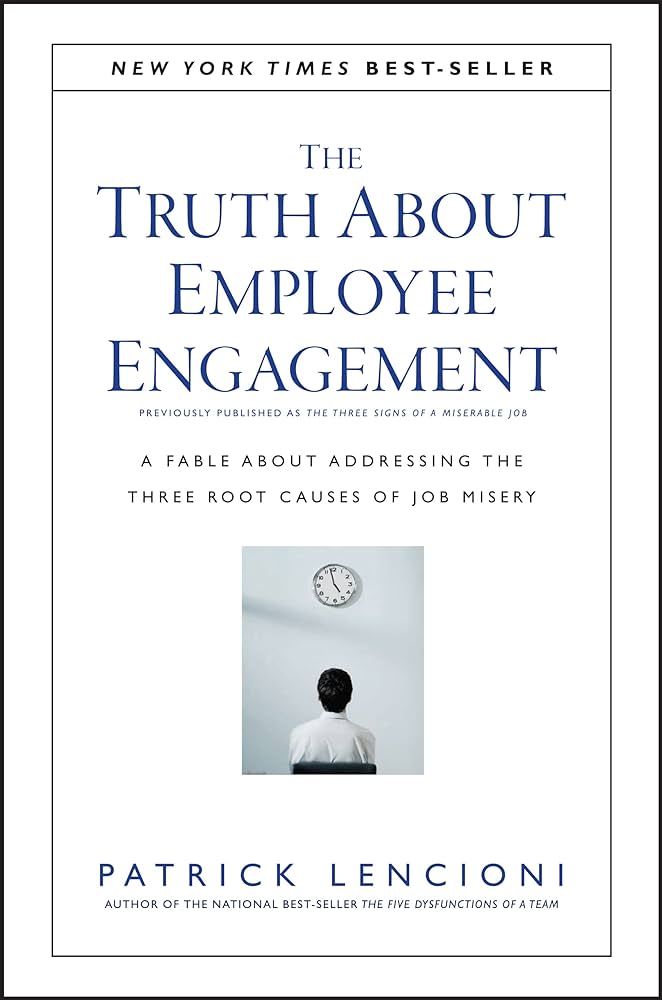
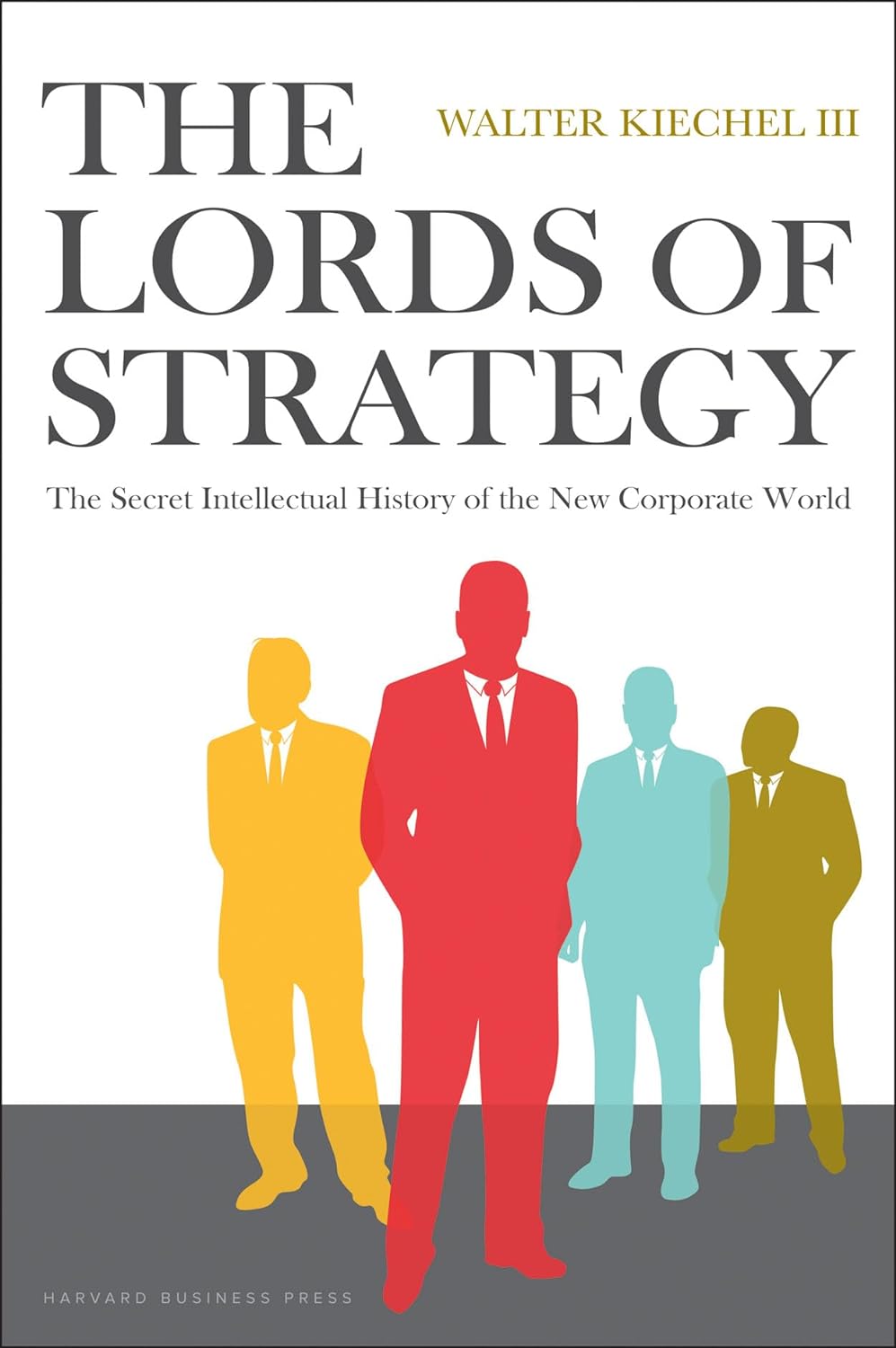
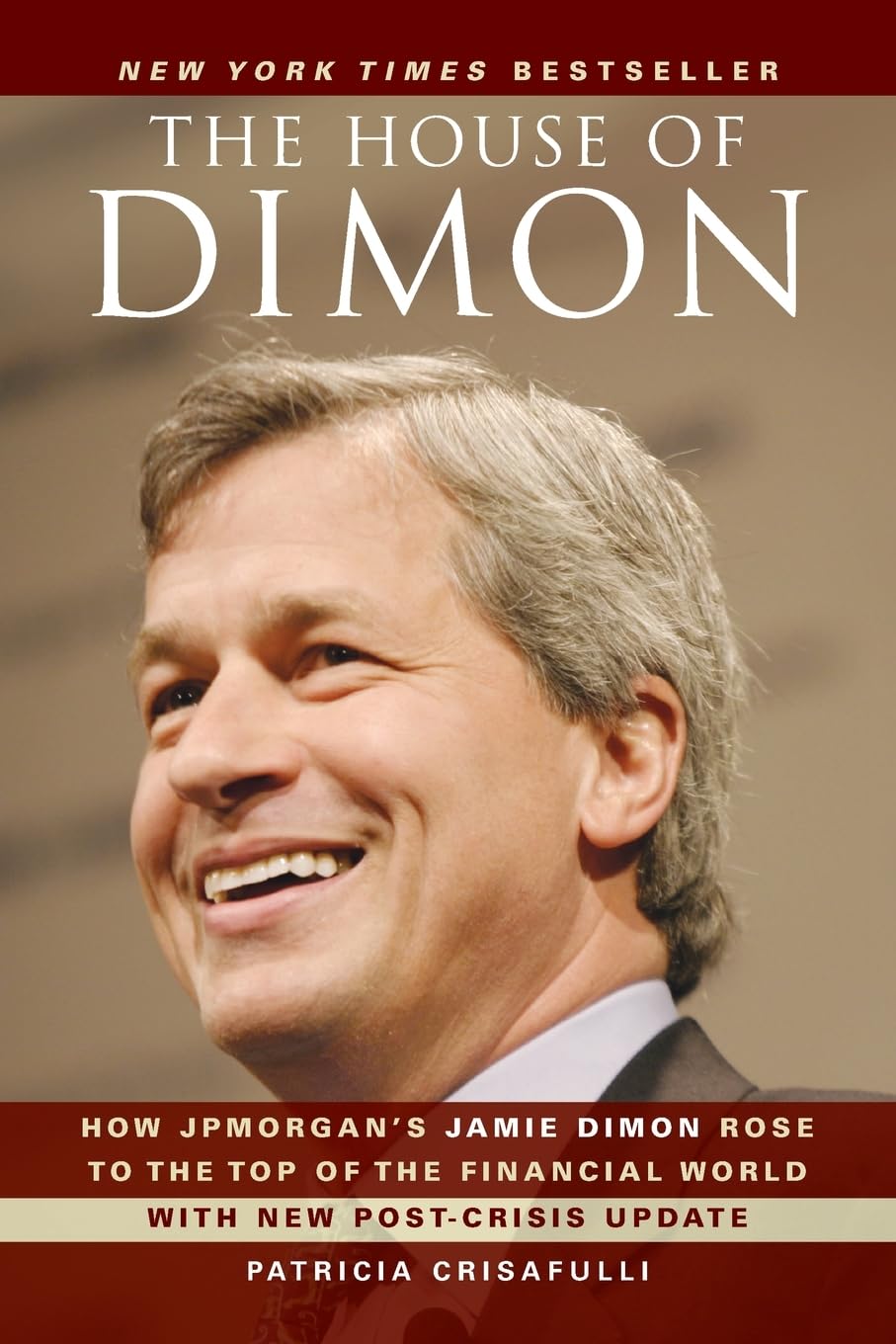
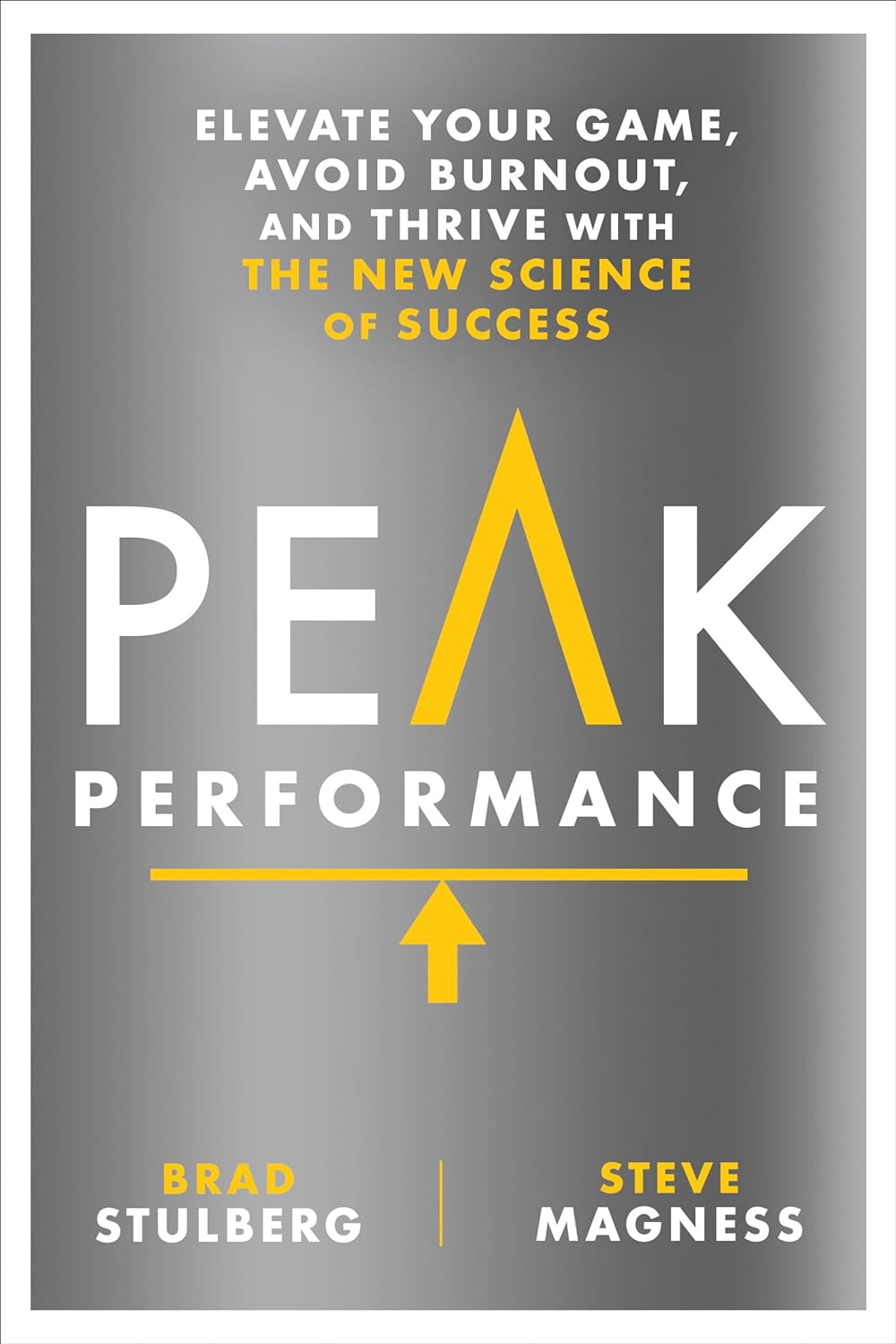
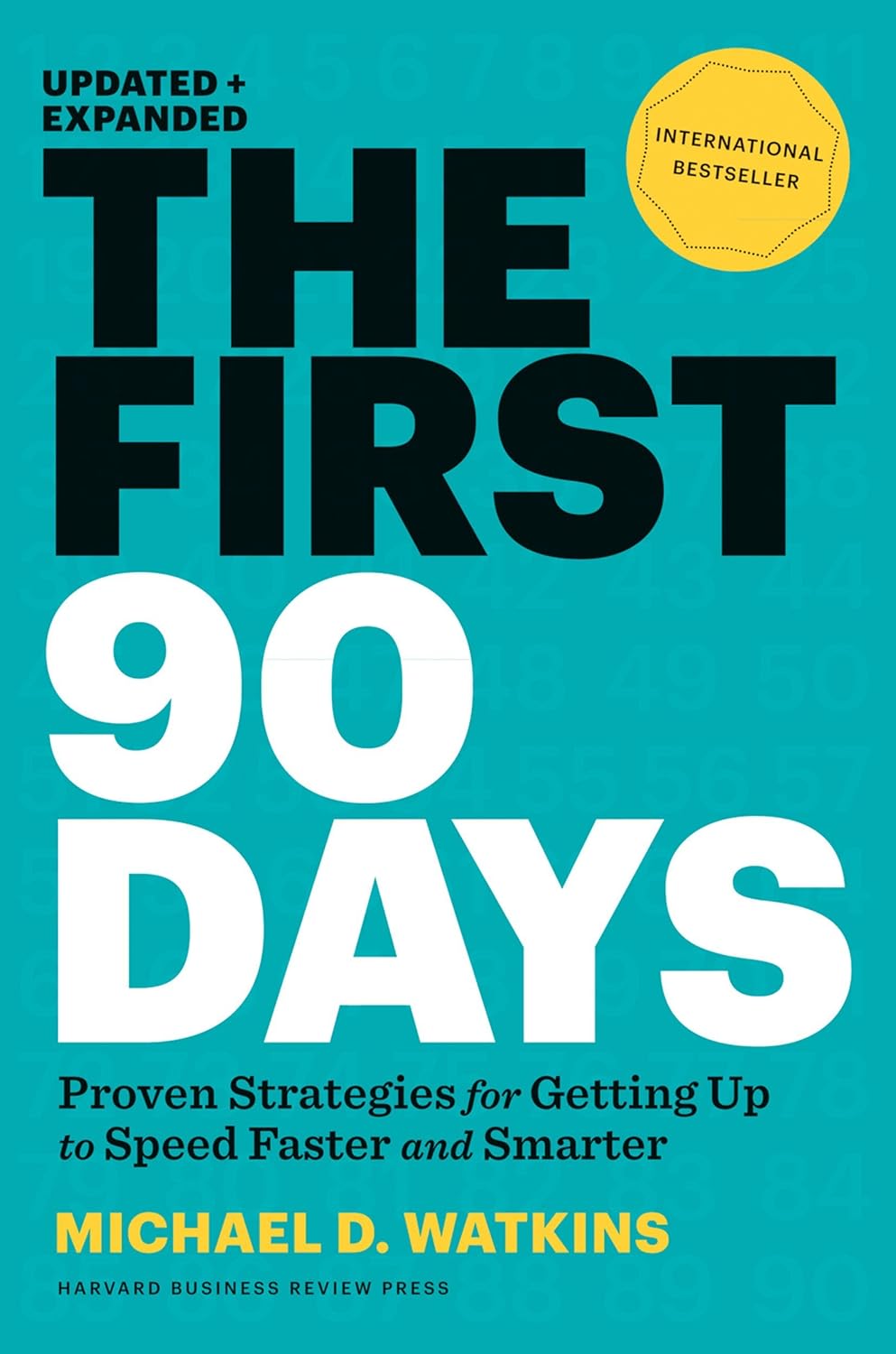

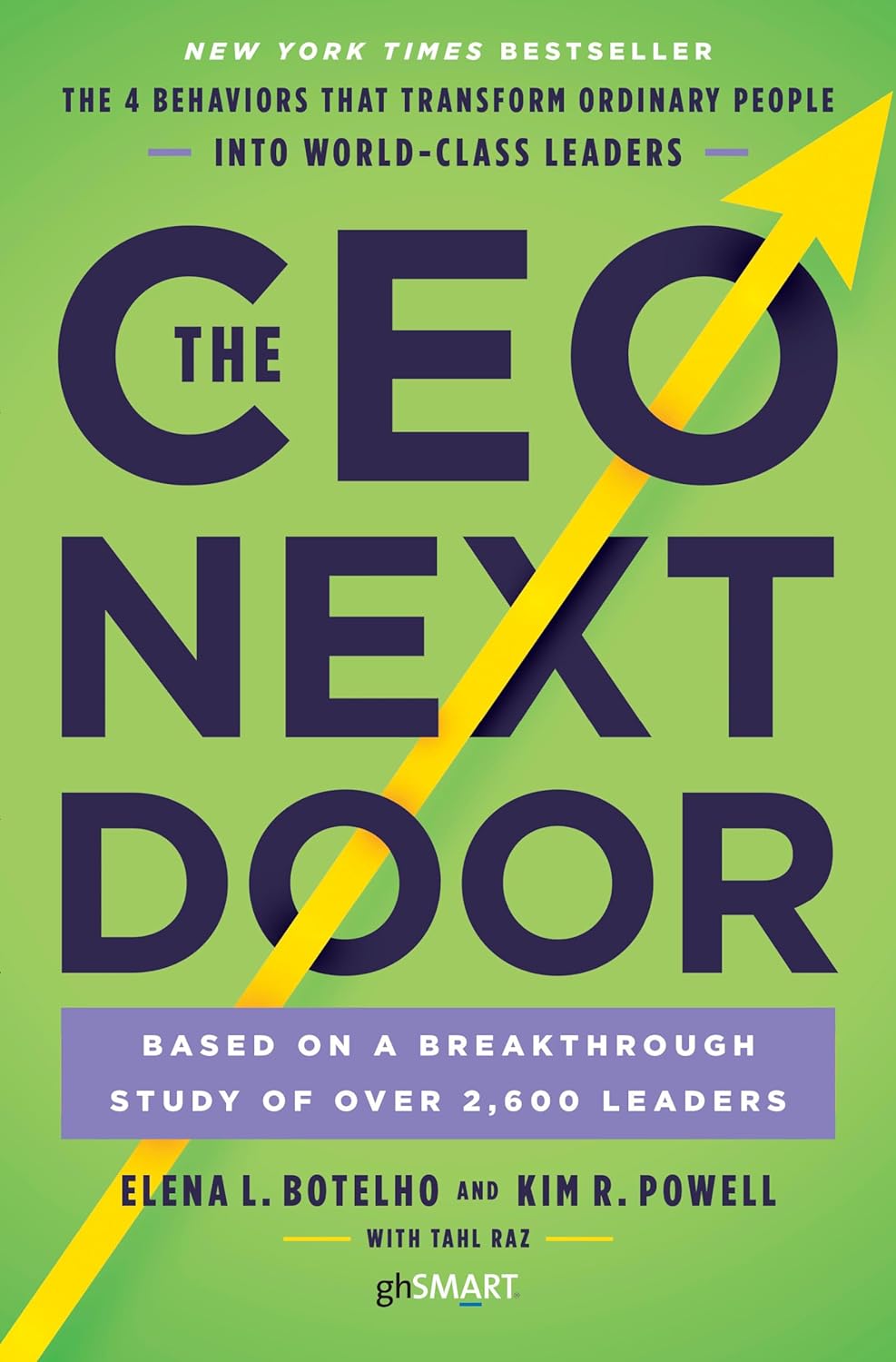
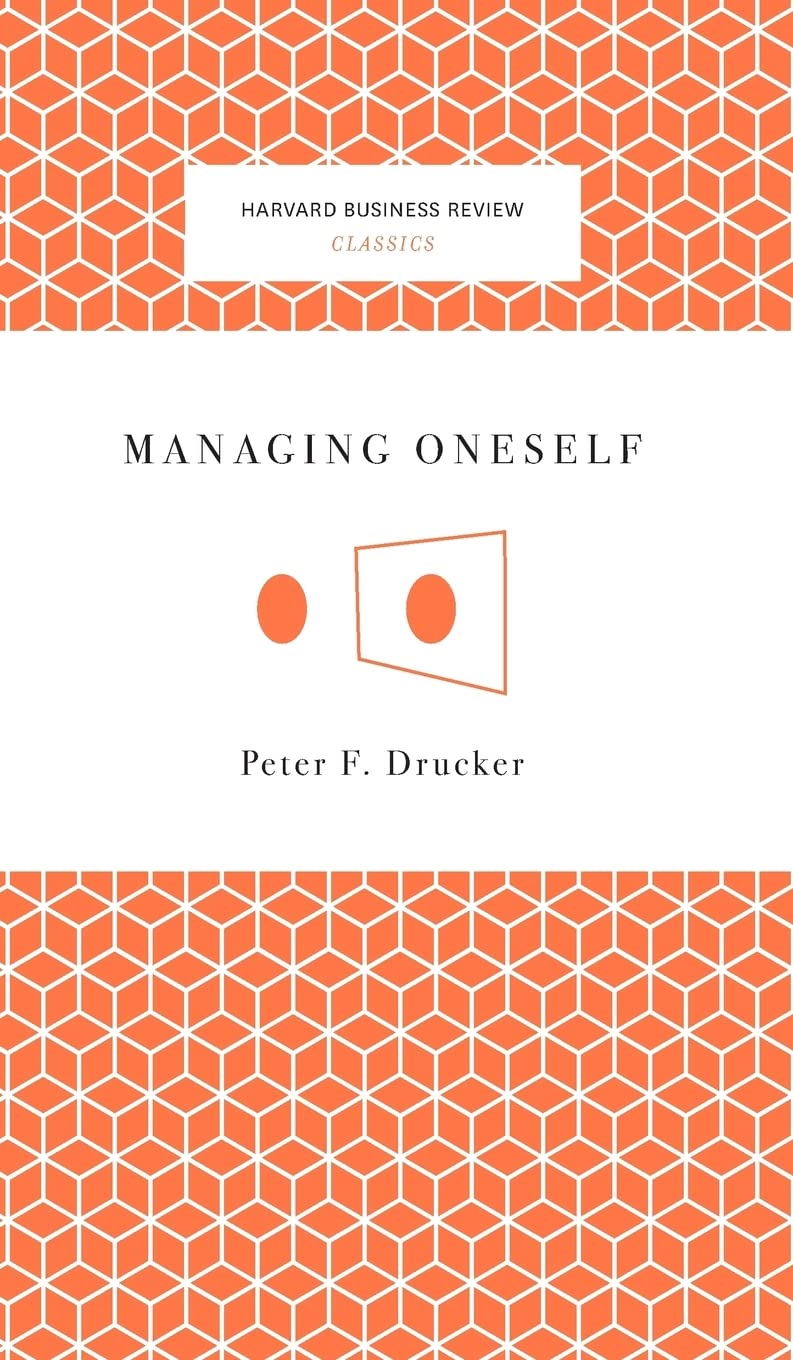
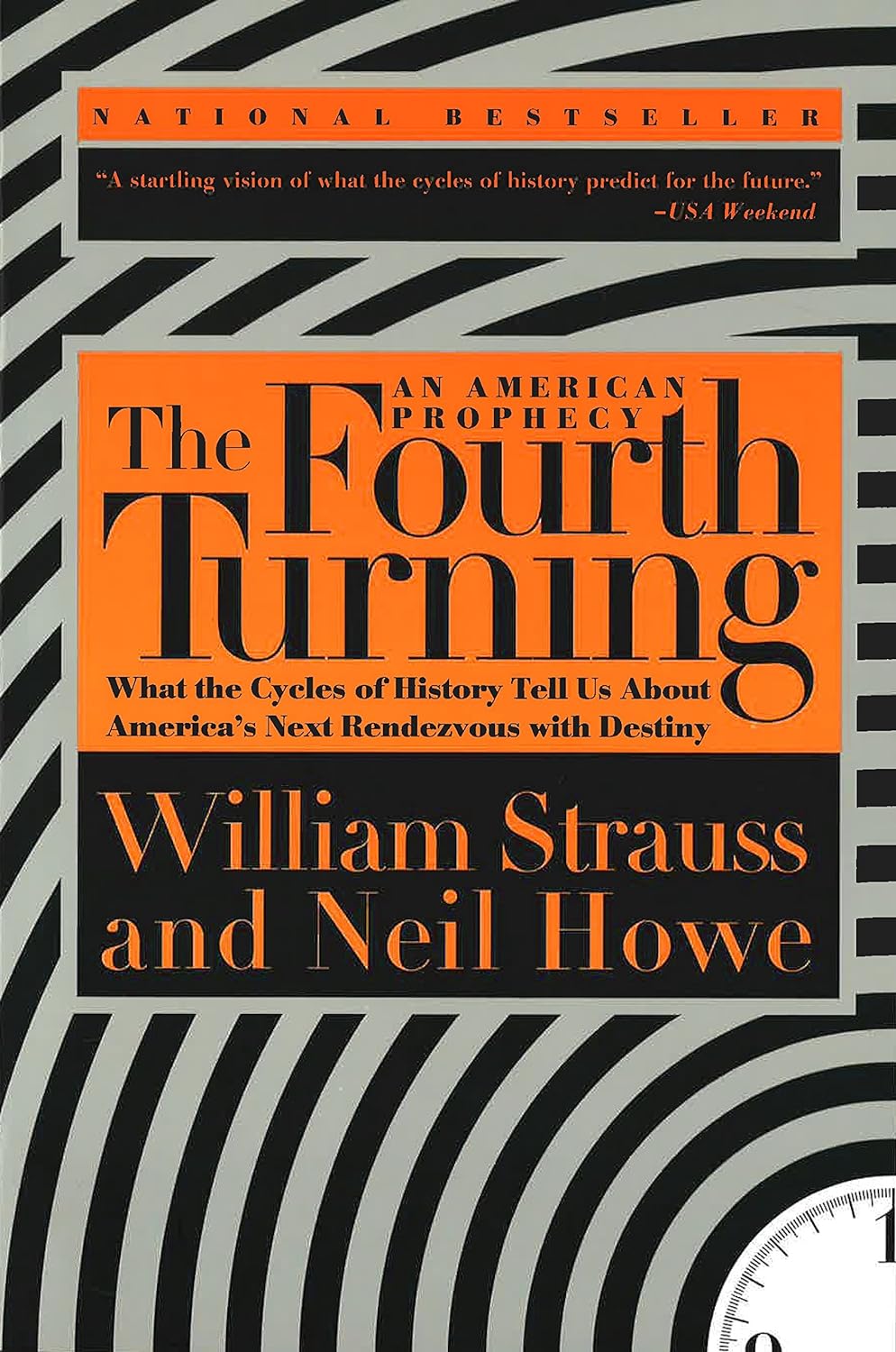
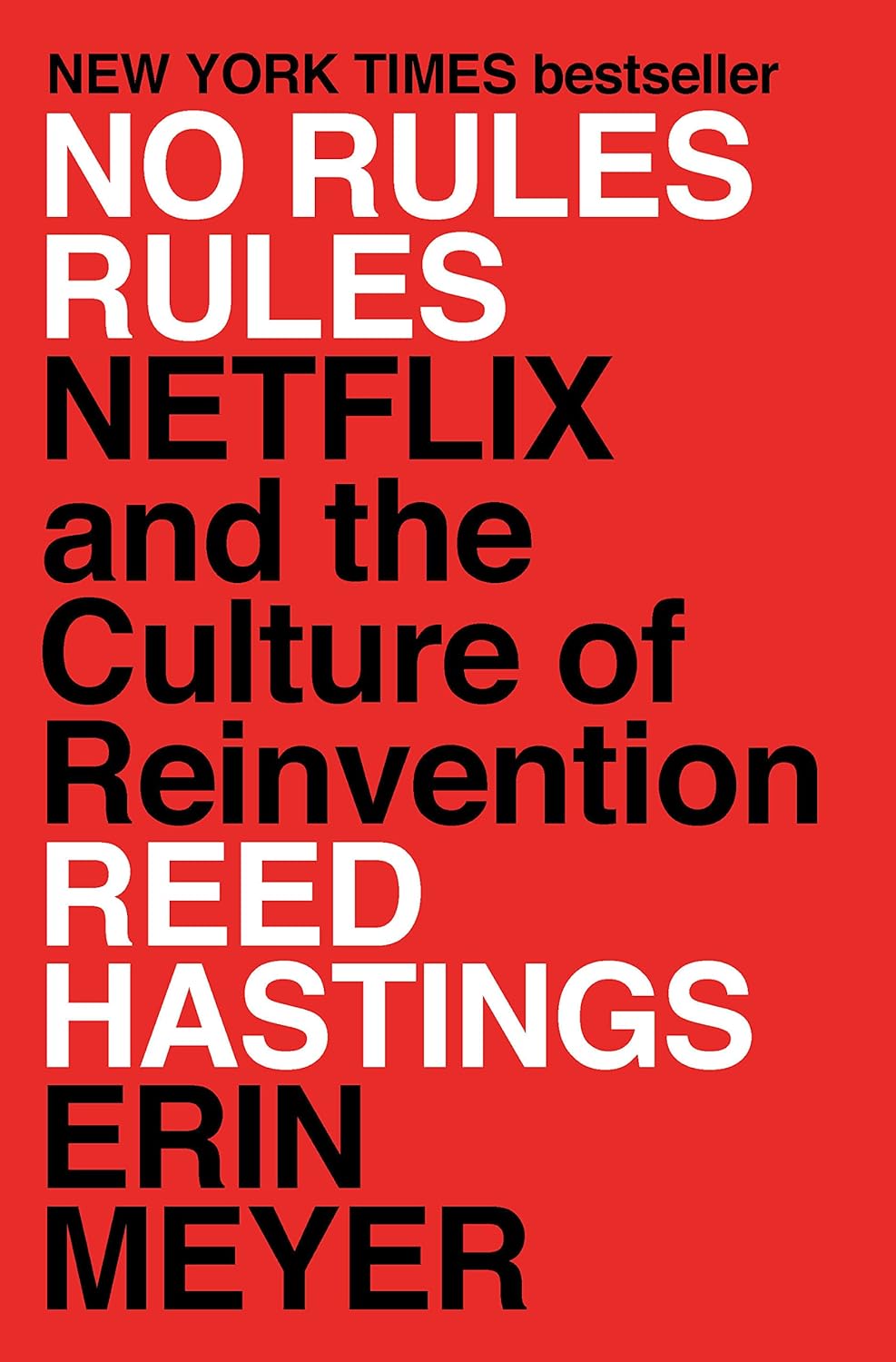
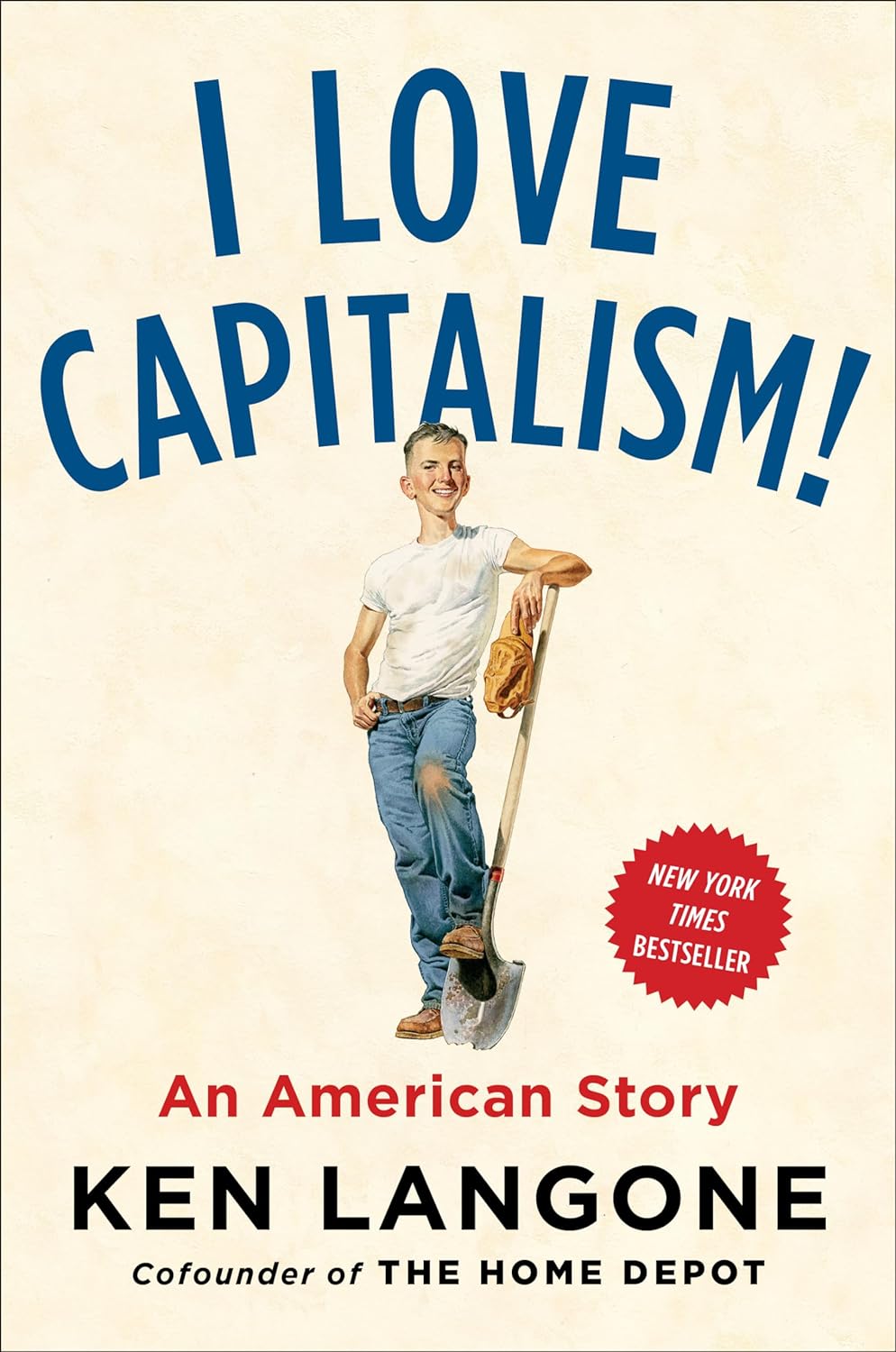
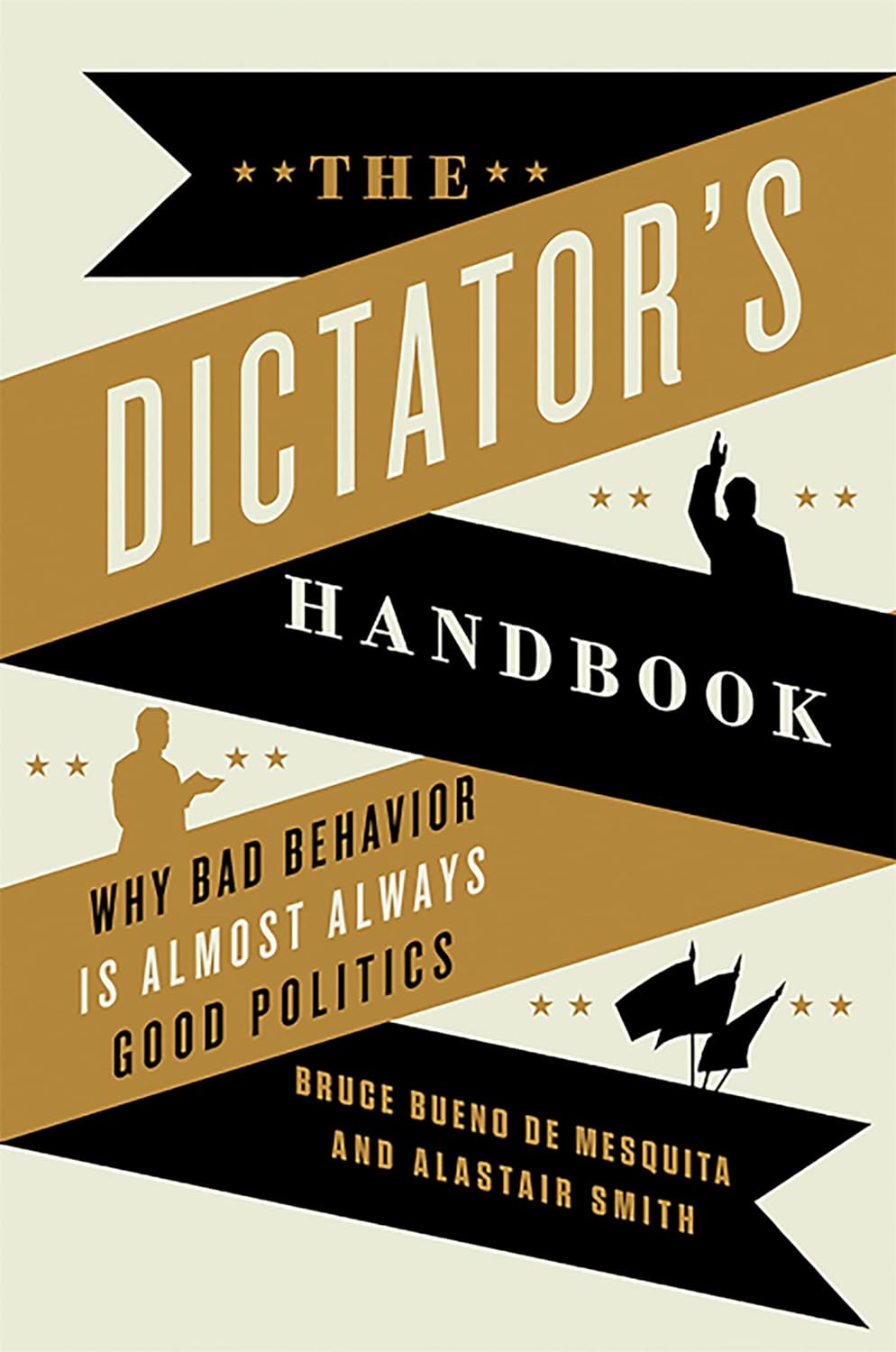
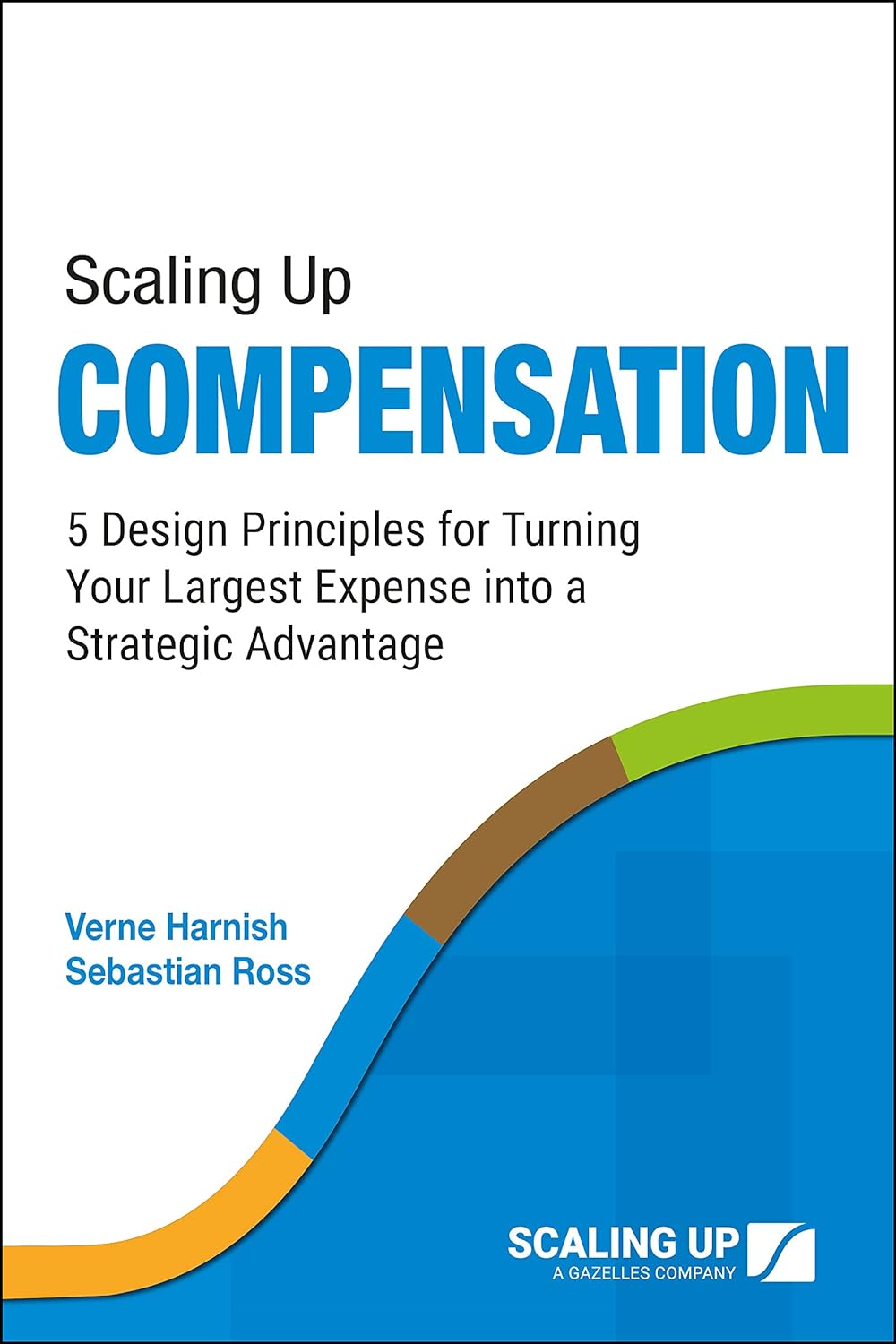


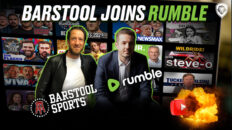













Add comment